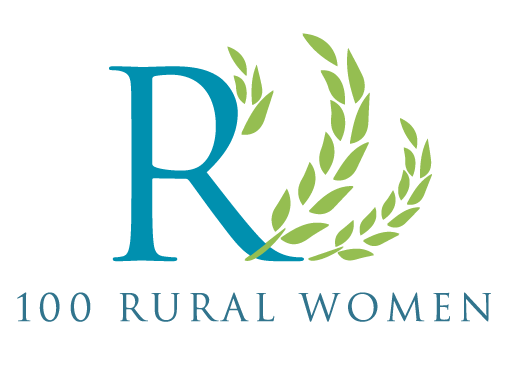“
Elissa Alzate is an Associate Professor of Political Science at Winona State University (WSU), where she has been since 2012. She received her BA in Political Science from Florida International University. Her MA and PhD, also in Political Science, are from University of California, Davis. Being at WSU was like coming home, though, having grown up in the Midwest. She teaches political theory and international relations and emphasizes civility, civil discourse, and civic responsibility in her classes and research. Additionally, she is currently working on the second edition of her textbook “From Concept to Dialogue: An Introduction to Political Theory.” It aims to help students become more thoughtful, civil, and responsible citizens of their communities. She has two beautiful children, three dogs, and two cats.
We are excited to feature her through our Spotlight Profiles.
Question: Can you tell us about yourself?
Answer: My name is Elissa Alzate, and I am an associate professor of political science at Winona State University in Southeastern Minnesota. An emphasis in several of my courses is on civility and helping students become more thoughtful and responsible participants in their communities. Part of this is helping people understand the ideas behind different political perspectives and appreciating why it is that we hold the political views that we do. Despite our political differences, we are still humans and members of a shared community.
I don’t have any formal connection to 100 Rural Women. But, I think it’s wonderful to promote and mentor women in the community. I think it’s a wonderful goal to be able to connect women together. We do so much and have a lot to offer, but sometimes we just need inspiration or help stepping into our roles. Sometimes we need a little bit of inspiration or we need a little bit of mentoring to be able to hold the positions that we’re capable of. Or be able to have the contribution that we can.
Question: Can you tell us about your connection to Rural America?
Answer: I grew up in rural Wisconsin and learned to drive on two-lane roads. As an adult, I’ve lived all over the country in cities big and small before I came back to the Midwest and settled in Winona. I really appreciate the diversity and acceptance of big cities and the west coast, but rural America has community. We are connected in a number of ways to one another: neighborhoods, schools, churches.
Everywhere I go, I run into my friends and neighbors. We know each other and come in contact with each other all the time. We can address some of our shared concerns for our community, because we know that we are all part of that. All of us are dedicated to this community that we live in. That’s what I think is the real value of rural America is that we have the ability to, you know, whether we like each other or not, whether we agree with each other, politically or not, we do have that love of our small towns and the love of our region and our state. Despite our differences and disagreements, we can always find a way to work together for the good of our communities.
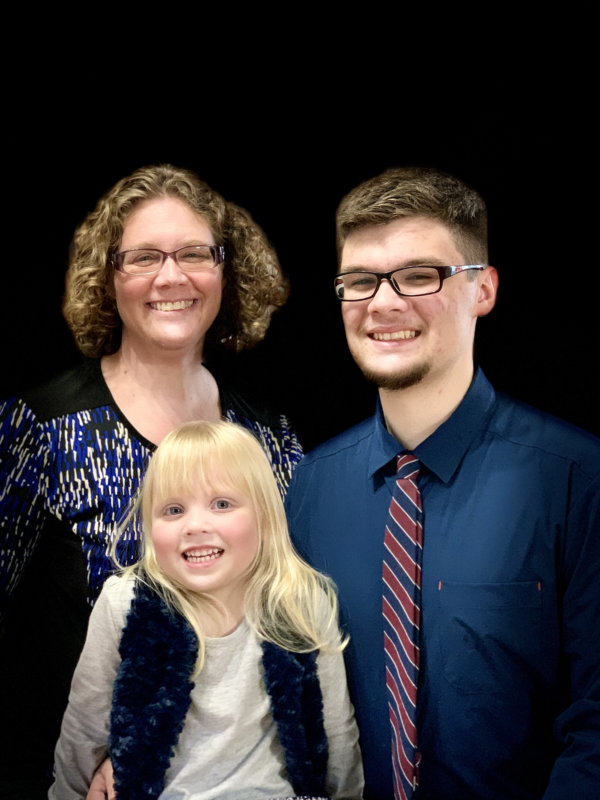
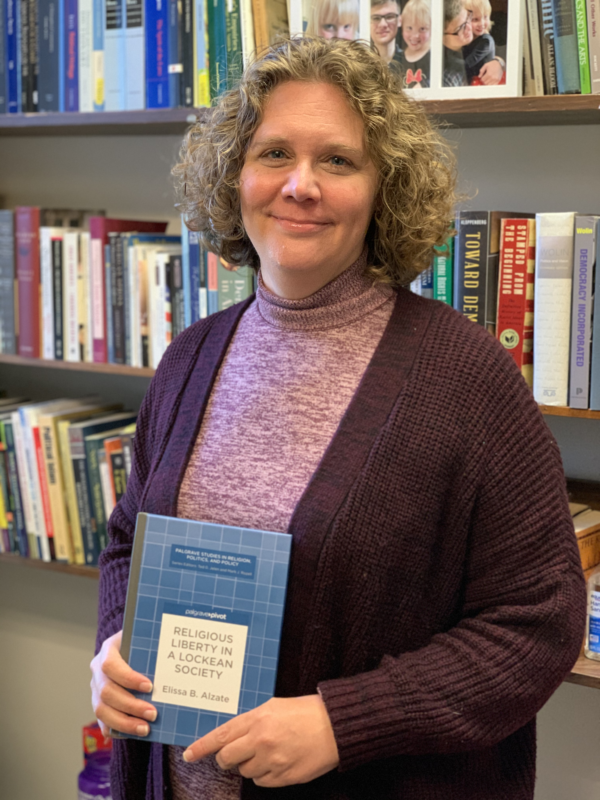
Question: Tells us about a moment you felt discouraged and how you overcame it.
Answer: I doubt myself a lot. Like a lot of women, I have imposter syndrome, where I feel like it must just be a fluke that they awarded me my PhD, or it was totally a mistake that my manuscript was accepted for publication. I get discouraged quite easily in my professional pursuits. This one time I thought I had a great idea for a project, and I talked about it with one of my colleagues—not at my current institution—hoping that we could co-author the book together. My self-doubt prevented me from being able to speak about it with him in a knowledgeable way. I was hesitant, I allowed him to take over the conversation.
He ended up telling me it was a terrible idea because I didn’t really know what I was talking about. That was really discouraging to me because it fed right into the narrative I was already telling myself—that I don’t really know anything. Well, the idea wouldn’t leave my mind. I kept thinking about it, and the more I thought about it, the more I realized there was something there, and it was my job to put it together. Not sell to someone else for them to put together, but write it myself and own it. I kept working at it, and it is now a published book with a sole author—me.
Question: How do you lead and create change in your community and how can your community better support rural women?
Answer: I think I make the most difference through my impact on my students. My students because my students are, you know, the next generation. This is going to be your world and you guys have so much potential. You’re going to be going out and do so many different things in different fields and careers. My real contribution is to help you guys to help my students think about what it means to be a responsible citizen. I try to emphasize civility and engagement in civil discourse.
I model in my classes how you can engage in civil discourse with people that you disagree with on difficult issues while remaining respectful and open. In my opinion, the biggest change we need to create as a society is to be able to have those hard conversations without dehumanizing the other side, and be able to say at the end of it, “I may not agree with you, but I respect you.” Too often, we avoid hard conversations with people we know we disagree with, thinking we’re being civil, but this causes us to only be able to identify with people we agree with. We live in communities with all kinds of people, and we’re not always going to agree with them.
I like to think that I make a small difference by teaching my students civil discourse and modeling it for them. So, in turn, they have the ability to have respectful conversations with people of all types and political beliefs. I also teach them some of the fundamental ideas behind political arguments, so they have the ability to see the logic behind a range of political views and realize that there are rational reasons for people to want the policies they want. The more people expect civility in public discourse and the more capable they are of engaging in public discourse in a civil manner, the easier it will be to address some of the big difficult issues facing our communities.
As to what we can do to better support rural women, I think, again, it comes back to that civility and fostering civility. And encouraging more civil discourse. Encouraging more open minds about different experiences. This impacts rural women because often the experiences that rural women face are different from urban women. That are different from rural men. They really have a contribution. They have experiences that give them a different perspective on the world. And so if we look at civil discourse as something that’s open and we try to encourage and bring in and foster that civility, I think that is one thing that we can do better to support women. To be able to have the confidence, then to say, “Oh, you know, my opinion is valuable! my opinion is worth something! and I’m going to do something with that!”.
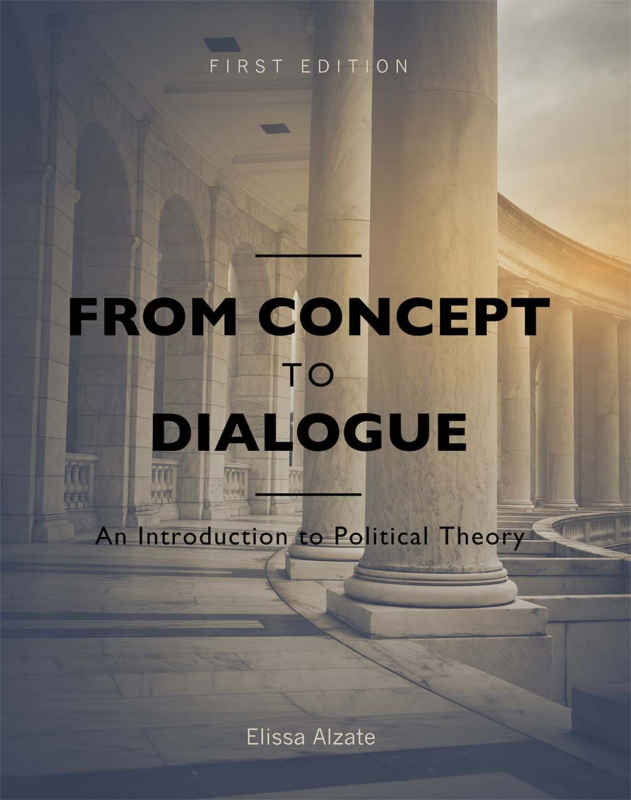
Question: If you could give one piece of advice to your former self, what would that be and why?
Answer: I think that will come back to the fear. I would want my younger self to know that I have something of value to offer the community and not to be afraid to put myself out there and offer it. Fear and self-doubt held me back a lot. It still does. I’m learning that it’s not lack of fear that allows people to make a difference in the world. I have gotten a lot better over the years at that and I wish I could go back. Which is something that you can’t tell a 20 year old, like, “Oh, just do it. Don’t be fearful. Don’t doubt yourself”, but I wish I could have had less fear and self doubt. Barring me from doing things.
I think that I have a lot to contribute and that my biggest obstacle has often been myself. I wish I could have known to just erase that fear and self doubt. Don’t worry about what you think of yourself. Just do something. It doesn’t have to be perfect. It doesn’t have to be make the biggest change in the world. But, you’re not going to make any change at all if your fear keeps you from acting.” The people who make the biggest difference still have fear and doubt themselves from time to time. They make a difference because they DO something. I wish I would have learned earlier that I don’t have to be perfect, I don’t have to make the MOST or the BEST difference. I just have to do something.

Question: Who or what has been your biggest inspiration?
Answer: I struggled with this question, too, because I think every person that I have come across every person in my life, no matter how small, of our interaction or whether they’re still in my life or not, has impacted me. Has inspired me in some way. People that haven’t been in my life for you know 10-20 years I still think about sometimes. “Oh wow, that was a really unique perspective on the world.”
The one person that stands out because she has been more inspiring to me in the last few years, and probably anybody else has been… There’s a professor in sociology here at WSU, Aurea Osgood. She’s been my biggest inspiration the last few years for her positivity and empathy for every human she comes across. There are so many ways she serves the community and never shies away from helping someone in need. She doesn’t let her thinking of things stop her from action. She is so giving. I have observed her volunteering. When she does, it’s never in a condescending way. I think some people get this view, like, “Oh, I’m so great because I’m helping you”. She does it in a way that treats everyone as equals.
She has such an amazing way with helping people but also helping them help themselves and bringing them into her world rather than this, like I said, this top down kind of condescending way. No matter how much time she spends helping other people during the week, if an opportunity arises to volunteer or serve in a different way, she’s always the first one there.
This is so inspiring to me. The selflessness of this woman, the empathy she has for those less fortunate than herself, and how much of herself she gives to others, particularly complete strangers, is so uplifting. Especially during a time of incivility, social unrest, and selfishness. She makes everyone around her seek out ways to help the community more.

